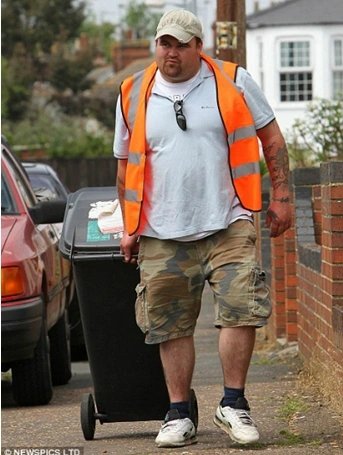
You may feel worried and scared when your doctor diagnoses cancer.
Learn about cancer
You should seek out useful information about cancer and health care, writing down questions and concerns such as:
– What type of cancer do I have?
– Which organ is the cancer in?
– Can cancer spread?
– Can my cancer be treated?
– What are my chances of curing cancer?
– What other tests or procedures do I need?
– What are my treatment options?
– How will treatment benefit me?
– What can I expect during treatment?
– What are the side effects of the treatment?
– When should I call the doctor?
– What can I do to prevent cancer from recurring?
– How likely is it that my child or other family members will get cancer?
You can bring a family member or friend to your first appointment to help you remember what your doctor shares.
Anticipate physical changes
After your cancer diagnosis and before you begin treatment is a good time to make a plan.
Members of cancer support groups may be helpful.
Share with relatives and friends
You should share with relatives, friends, and doctors after being diagnosed with cancer.
Your family can help you with errands, transportation, meal preparation, and housework.
Sometimes you’ll feel as though people who haven’t gone through a cancer diagnosis can’t fully understand how you’re feeling.
Help and encouragement from relatives and doctors help cancer patients feel more calm.
Financial preparation
Many financial burdens arise when you are diagnosed with cancer.
Many clinics and hospitals maintain lists of resources to assist patients financially during and after cancer treatment.
– How long will it take me to work?
– Do my friends and family need to take time off work to be with me?
– Will my insurance pay for these treatments?
– Will my insurance cover medication costs?
– What will my out-of-pocket costs be?
– If insurance does not cover the cost of cancer treatment, are there any assistance programs that can help?
– Am I eligible for benefits?
– How does a cancer diagnosis affect my life insurance?
Avoid discrimination
Some old stigmas related to cancer still exist, such as whether cancer is contagious.
Maintain a healthy lifestyle
This can give you better energy.

Eating enough nutrients helps you have energy and respond better during treatment.
How to deal with cancer
Just as each person’s cancer treatment is individualized, so are coping strategies.
– Relax regularly
– Share your feelings honestly with family, friends, a spiritual advisor or a counselor.
– Keep a journal to help organize your thoughts.
– When faced with a difficult decision, list the pros and cons for each option.
– Find a source of emotional support.
– Take time to be alone.
– Continue to participate in work and leisure activities as much as possible.
– What comforted you during difficult times before your cancer diagnosis is likely to help ease your anxiety now.






